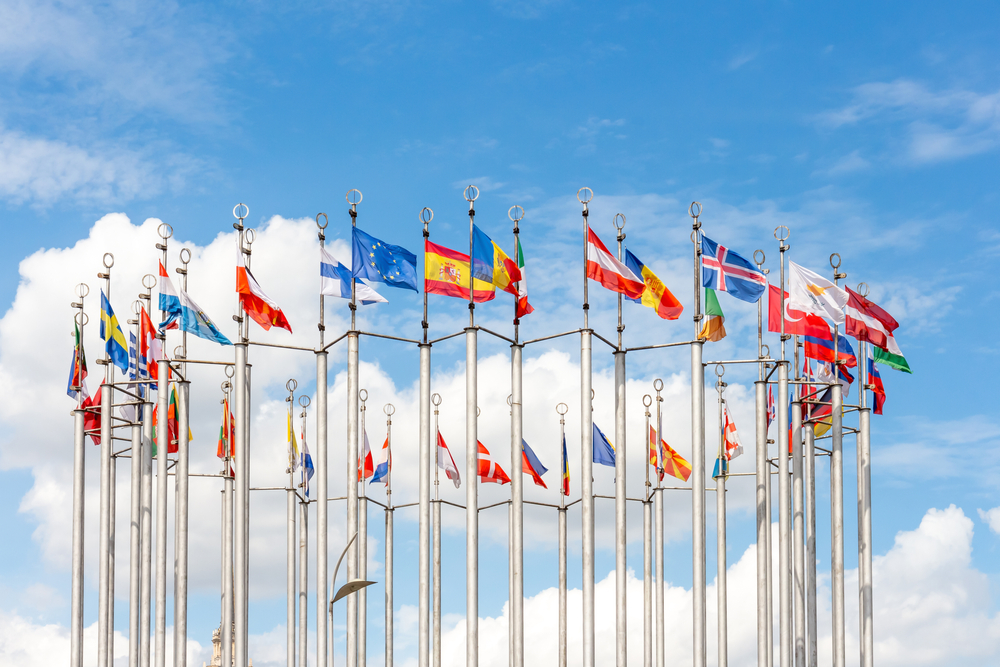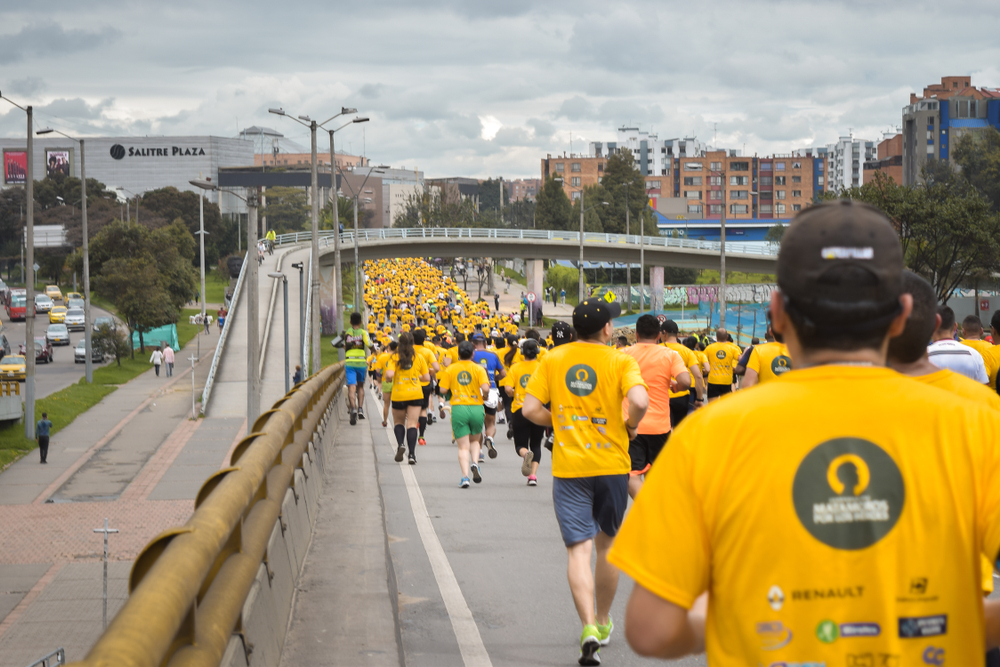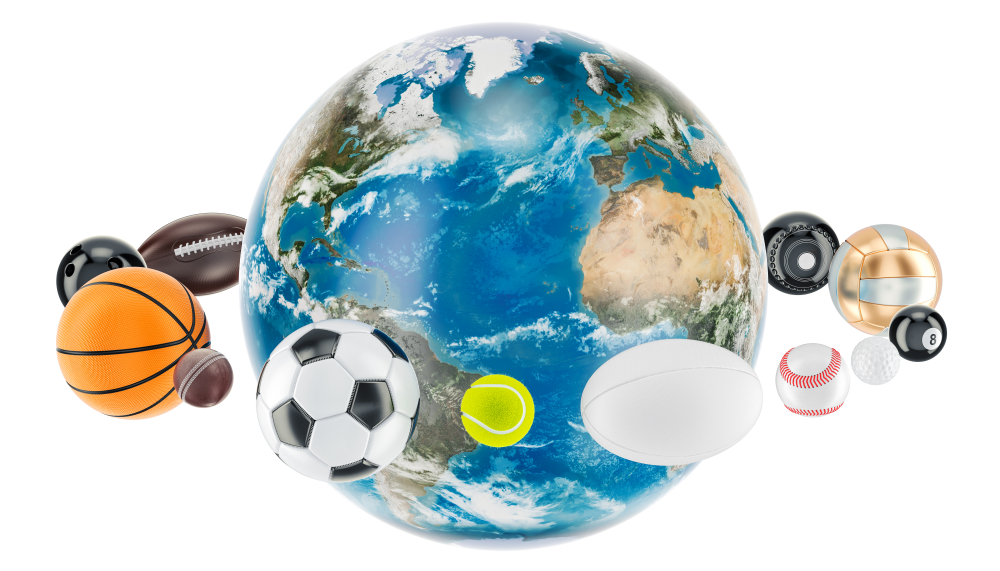For a very long time, sports have been used as a unifying factor that cuts across boundaries and ideologies to promote international rivalry and friendship. Sports are important for international diplomacy even though their main purpose is to amuse and display athletic ability.
Sports diplomacy: What Is It?
Using athletics and sports to improve relations between countries, advance peace, and encourage cross-cultural exchange is known as sports diplomacy. It makes use of sporting events, competitions, and tournaments to cross cultural and political divides and promote global collaboration. Sports diplomacy provides a forum for constructive international engagement while promoting understanding and dispelling stereotypes.

The Diplomacy of Sports Has Historical Origins
Sports diplomacy has a long history that reflects broader geopolitical developments. It dates back centuries. The Olympic Truce, which was formed in 776 BC, represented early sports diplomacy in ancient Greece and guaranteed athletes’ safety while competing.
1. Sports diplomacy in the past
Olympic-style sporting events were used by ancient cultures, such as the Greeks and Romans, to promote diplomacy and harmony between city-states. Sports prowess and cultural celebration temporarily overshadowed disputes at these events, which provided forums for dialogue, exchange, and conflict resolution.
2. Table Tennis Diplomacy
“Ping Pong Diplomacy” began when Chinese and American table tennis players visited each other in the early 1970s. A pivotal moment in U.S.-China relations was this unexpected encounter, which set the stage for President Richard Nixon’s historic visit to China in 1972. It demonstrated how sports can advance diplomacy and peace on a global scale.
3. The 1980 and 1984 Olympic boycotts and the Cold War
Political rivalries used sports as a battlefield during the Cold War, as evidenced by the Olympic boycotts in 1980 and 1984. The Western bloc, led by the United States, abstained from the 1980 Moscow Olympics in opposition to the Soviet Union’s invasion of Afghanistan. Cold War tensions affected international sports, as demonstrated by the Soviet Union’s 1984 Eastern Bloc boycott of the Los Angeles Olympics.
4. The Olympic Diplomacy of Pierre de Coubertin
The modern Olympics’ creator, Pierre de Coubertin, was a firm believer in the ability of sports to foster international harmony and goodwill. The Olympic Truce, which dates back to ancient Greece and has been resurrected in contemporary times, represents the resolve to abstain from violence during the Games in order to promote global stability.
The Significance of Sports Diplomacy in Modern Times
Sports diplomacy is still important in today’s world because it can act as a non-political link to improve cross-cultural communication and advance peace. A country’s “soft power,” or ability to influence people non-coercively through things like culture, education, and sports, is enhanced by sports. Countries can exhibit their infrastructure, hospitality, and culture through major sporting events.
Soft Power in Sports
Major sporting events, like the Olympics or the FIFA World Cup, give nations a chance to highlight their advanced infrastructure and cultural diversity. This creates goodwill among people and improves a country’s reputation internationally.
Diplomacy in Sports and International Relations
Sports act as a diplomatic conduit, offering a neutral platform for amicable communication and collaboration. Known examples include the “ping pong diplomacy” that led to formal diplomatic relations between the United States and China through table tennis matches.
Sports Federations and Organizations: Their Role
International athletic organizations such as the International Olympic Committee (IOC), FIFA, and ICC are vital to diplomacy. They promote international collaboration and fair play by fostering relationships between their member countries, establishing regulations for international contests, and frequently mediating conflicts.
International Organizations for Sports
These organizations provide a forum for settling international disputes, guaranteeing impartiality, and enhancing international cooperation. However, their diplomatic neutrality is called into question by accusations of corruption and disputes involving choices about event hosting.
Sporting Governance’s Diplomatic Challenges
Concerns about corruption and partiality mean that striking a balance between politics and sports governance is still difficult. It’s a constant struggle to strike the correct balance between politics and sports governance.
Diplomacy in Sports on a Bilateral Basis
The goal of bilateral sports diplomacy is to improve ties between two nations by means of athletic competitions and exchanges. It opens doors for casual conversations and facilitates diplomatic exchanges that might not take place through traditional channels.
a) Agreements on Bilateral Sports
Bilateral agreements include arranging friendly matches, encouraging sports exchanges, and nurturing talent development in addition to major international events. Such programs foster diplomatic relations and increase cross-cultural understanding.
b) Exchanges of Cultures
Sports serve as a conduit for cultural exchange, allowing countries to exchange customs and values. Countries strengthen their diplomatic connections and promote respect and understanding amongst themselves through exchange programs, cultural exhibitions, and sporting tours.
Athletes’ Function as Diplomatic Envoys
As cultural ambassadors who advance international understanding, harmony, and peaceful relations, athletes are essential to diplomacy. Athletes unite people, foster cooperation, and demonstrate the unifying power of sports on a global scale through their sportsmanship and appeal.
1. Athlete Representatives
Athletes represent their country diplomatically, fostering goodwill among other countries and boosting national pride. They can use their platforms to address global challenges and promote social tolerance.
2. Social Issues and Sports
Athletes speak out on social and political issues, utilizing their platform to promote social justice and civil rights. International conversations on equality and human rights have been triggered by personalities such as Colin Kaepernick and Muhammad Ali.

The Negative Aspects of Sport Diplomacy
Notwithstanding its advantages, political propaganda can be used to manipulate athletes and raise ethical questions when sports diplomacy is misused. Problems include instances of political exploitation and heightened nationalism at sporting events.
1. Political Abuse
Sporting events are a tool used by authoritarian regimes to deflect criticism of violations of human rights or to justify their rule over other countries.
2. Conflict and Nationalism
Rivals in sports, such as the cricket match between India and Pakistan, have heightened nationalistic sentiments and have occasionally resulted in political confrontations.
In summary
Sports offer a venue for friendly competition and the promotion of peace; the difficulty is in using this power sensibly. Sports will continue to be an essential instrument for diplomacy, fostering understanding, settling disputes, and improving relations between nations as long as they captivate audiences around the world. In the field of international diplomacy, the basic notion that sports can bring people together and overcome differences endures despite obstacles and disputes.

